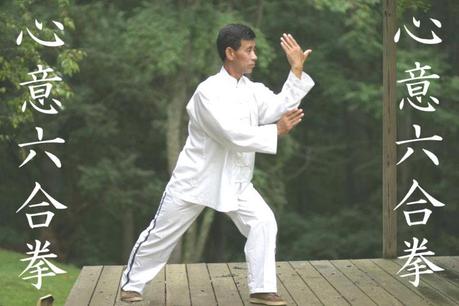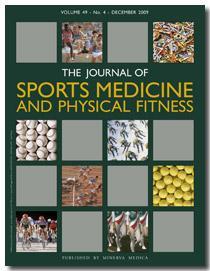
Est-ce que l'expérience dans le kung fu fait la différence à la longue? Instinctivement, on dirait que oui et effectivement, j'ai eu la chance de tomber sur un article scientifique qui va dans le même sens. Il s'agit d'une étude faite par le Department of Movement Science and Physical Education de la University of Liverpool en Angleterre. Le titre de l'étude est : "The cardiovascular responses of male sunjects to kung fu techniques. Expert/novice paradigm".

Voici donc le résumé:
BACKGROUND: The primary aim was to assess cardiovascular responses of expert and novice subjects to kung fu techniques. It was hypothesised that experienced subjects would demonstrate improved economy of movement during the techniques, evidenced by reduced exercise intensity. METHODS: Experimental design: a comparative design was established utilising two groups; experienced (group E), and novice (group N). Setting: the experimentation took place under laboratory conditions, but was designed to maximise external validity. Participants: the only preselection variables were regular attendance at training and experience. Nine experienced males (group E, exp 9.5 +/- 5.2 yrs) and nine novice males (group N, exp 1.2 +/- 0.1 yrs) participated. The only exclusion guidelines were contraindications to participate within a maximal test, no subjects were excluded upon this basis. Interventions: N/A. Measures: each subject participated in three kung fu protocols (forms, kicking and punching). Each protocol, randomly allocated, consisted of ten work (30 sec) and ten rest periods (30 sec). Measures taken during the protocols were heart rate (HR) and oxygen consumption (VO2). These were expressed as a percentage of maximal values to reflect exercise intensity. RESULTS: During both the form protocol and punching protocol group E were found to be working at a significantly (p < 0.05) lower % VO2 max than group N (forms--group E = 71.5 +/- 5.3, group N = 82.1 +/- 6.1; punching--group E = 37.5 +/- 2.1, group N = 40.6 +/- 2.6, p < 0.05). This suggests that experienced subjects were more economical when performing similar movement patterns. CONCLUSIONS: It was concluded that cardiovascular responses to kung fu techniques differ depending upon experience level. It is difficult to directly relate this to improved economy since work output could not be accurately quantified. It was also found that kung fu protocols elicited exercise intensity into the cardiovascular training zone.
Cette étude suggère que les pratiquants de kung fu avec une plus longue expérience économisent mieux leur énergie en exécutant des techniques similaires à des débutants. Effectivement, quand la biomécanique des mouvements est correcte, les techniques paraissent plus faciles et moins épuisantes à exécuter et pourtant elle génère tout autant et habituellement plus de puissance que celles faites par des débutants.
Les longues séries ne sont donc pas faites en vain, elles vous permettent de devenir plus efficace, plus puissant et plus solide tout en économisant de l'énergie et donc en vous fatiguant moins vite!
...à méditer lors de la prochaine série de 500 ;-)
